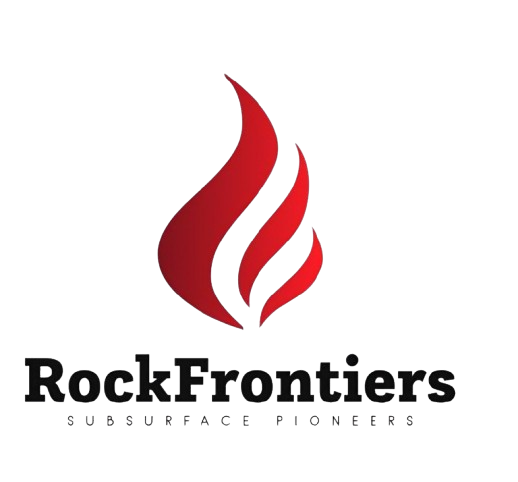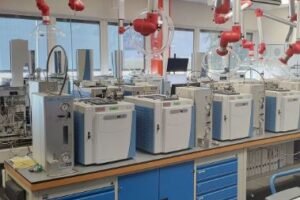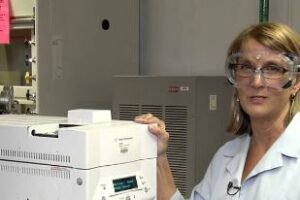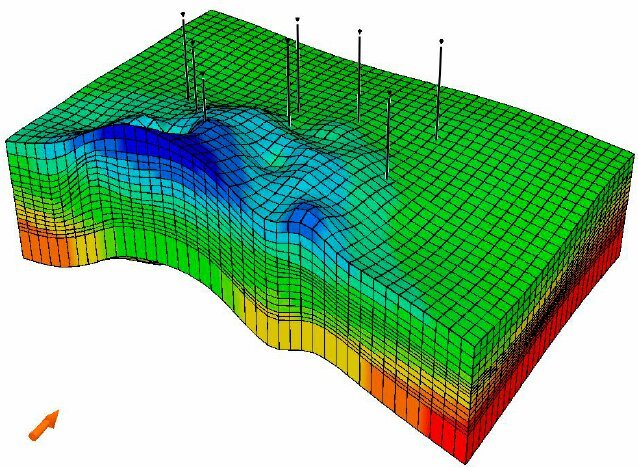Reservoir Characterization and Modeling
⏳ Duration : 5 Days 📍 Location : Dubai ··················································································· Course Overview: Teach participants to integrate geological, petrophysical, and seismic data into consistent reservoir models for better volumetric estimation and field development. Dates Locations Note 1-Dec LONDON Dates …
Overview
⏳ Duration : 5 Days 📍 Location : Dubai ···················································································
Course Overview:
Teach participants to integrate geological, petrophysical, and seismic data into consistent reservoir models for better volumetric estimation and field development.
| Dates | Locations | Note |
| 1-Dec | LONDON | Dates could be adjust for special requests |
| 8-Dec | CAIRO | |
| 15-Dec | DUBAI | |
| 22-Dec | ISTANBUL |
🔹 Day 1: Introduction to Reservoir Characterization
-
09:00–09:45: Overview of reservoir types and heterogeneity
-
09:45–10:30: Objectives of reservoir characterization and modeling
-
10:30–10:45: ☕ Coffee Break
-
10:45–11:30: Static vs. dynamic modeling – what’s the difference?
-
11:30–12:15: Geological inputs: structural and stratigraphic frameworks
-
12:15–13:15: 🍽️ Lunch Break
-
13:15–14:00: Data sources: well logs, core, seismic, tests
-
14:00–14:45: Introduction to modeling software & tools
-
14:45–15:00: Recap and Q&A
🔹 Day 2: Structural and Stratigraphic Frameworks
-
09:00–09:45: Building structural frameworks from seismic and maps
-
09:45–10:30: Fault modeling and impact on compartmentalization
-
10:30–10:45: ☕ Coffee Break
-
10:45–11:30: Stratigraphic layering: zones, subzones, and flow units
-
11:30–12:15: Isochron and isopach maps from logs and seismic
-
12:15–13:15: 🍽️ Lunch Break
-
13:15–14:00: Grid design: corner point grids, pillar grids
-
14:00–14:45: Practical: structural model building in software
-
14:45–15:00: Recap and Q&A
🔹 Day 3: Petrophysical and Rock Properties Modeling
-
09:00–09:45: Porosity modeling methods: deterministic vs. stochastic
-
09:45–10:30: Permeability correlations and rock typing
-
10:30–10:45: ☕ Coffee Break
-
10:45–11:30: Water saturation models and capillary pressure
-
11:30–12:15: Lithofacies and electrofacies modeling
-
12:15–13:15: 🍽️ Lunch Break
-
13:15–14:00: Upscaling well log data to 3D grid
-
14:00–14:45: Case exercise: populate grid with porosity and Sw
-
14:45–15:00: Recap and Q&A
🔹 Day 4: Geostatistics and Uncertainty in Modeling
-
09:00–09:45: Introduction to geostatistical concepts
-
09:45–10:30: Variograms: what they are and how to use them
-
10:30–10:45: ☕ Coffee Break
-
10:45–11:30: Sequential Gaussian simulation (SGS), indicator simulation
-
11:30–12:15: Uncertainty in property distributions
-
12:15–13:15: 🍽️ Lunch Break
-
13:15–14:00: Sensitivity analysis and risk evaluation
-
14:00–14:45: Case study: comparing multiple realizations
-
14:45–15:00: Recap and Q&A
🔹 Day 5: Integrated Project and Model Review
-
09:00–09:45: Review of the full modeling workflow
-
09:45–10:30: Group exercise: build a simple static model from provided data
-
10:30–10:45: ☕ Coffee Break
-
10:45–11:30: Model validation and consistency checks
-
11:30–12:15: Preparing model outputs for reservoir simulation
-
12:15–13:15: 🍽️ Lunch Break
-
13:15–14:00: Group presentations: show and explain models
-
14:00–14:45: Instructor feedback, discussion of limitations
-
14:45–15:00: Final wrap-up and certification
Target audiences
- Reservoir Engineers, Geologists
You May Like
Gas and oil laboratories in the petroleum industryCopy
Course Description This course provides a comprehensive overview of laboratory practices, techniques, and standards used in the petroleum industry. Participants will understand how laboratory results guide exploration, drilling, production, and refining decisions. The course explores lab procedures for PVT analysis, …
Advanced gas chromatography techniques and troubleshooting
📘 Course Description: This advanced-level course is designed for experienced chromatographers and laboratory professionals who wish to master the latest techniques, applications, and in-depth troubleshooting strategies in Gas Chromatography (GC). The program focuses on method enhancement, selectivity tuning, high-resolution separations, …
🧪 Gas Chromatography Analysis – Principles, Practice & Applications
📘 Course Description: This intensive course provides a comprehensive understanding of Gas Chromatography (GC) and its application in chemical, petrochemical, pharmaceutical, and environmental laboratories. Participants will learn the fundamentals of gas chromatographic theory, the hardware components, detector technologies, sample preparation, …
Gas and oil laboratories in the petroleum industry
Course Description This course provides a comprehensive overview of laboratory practices, techniques, and standards used in the petroleum industry. Participants will understand how laboratory results guide exploration, drilling, production, and refining decisions. The course explores lab procedures for PVT analysis, …
Advanced Specialist Petroleum GeoMechanics
📘 Course Description: This elite-level course is tailored for petroleum geomechanics specialists and senior subsurface professionals engaged in complex field development projects. It provides a deep technical dive into stress modeling, anisotropic rock behavior, coupled geomechanical-reservoir simulation, fault/fracture mechanics, and …





